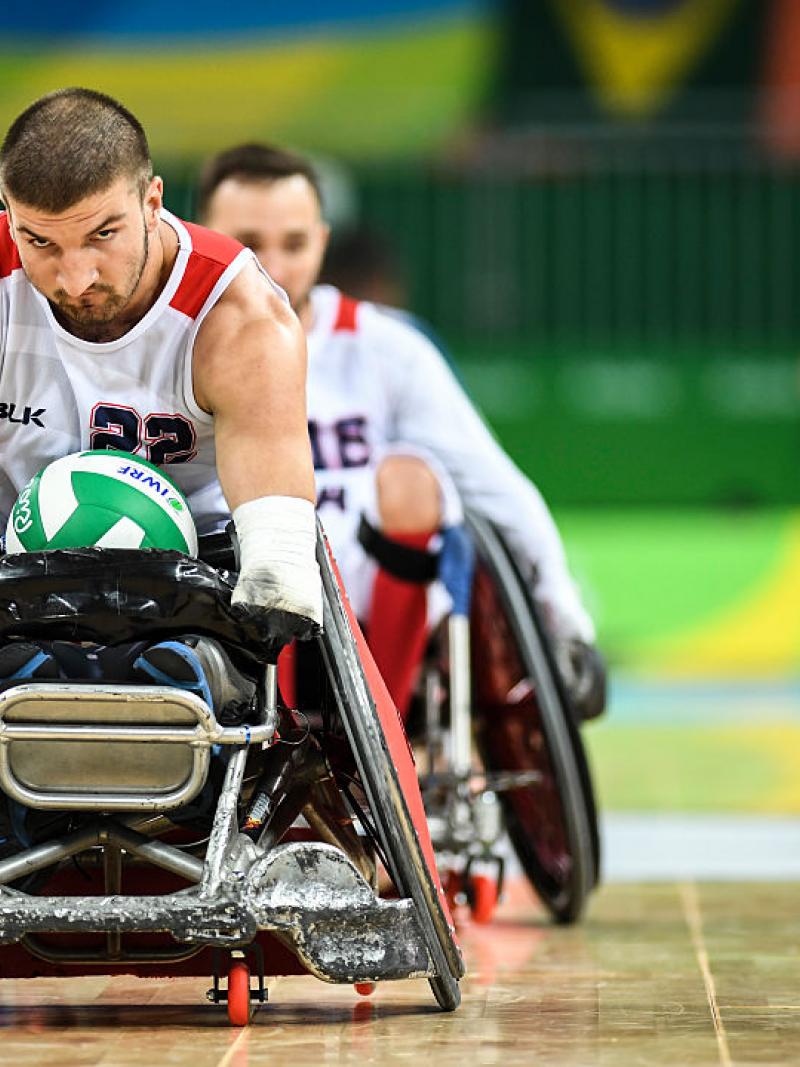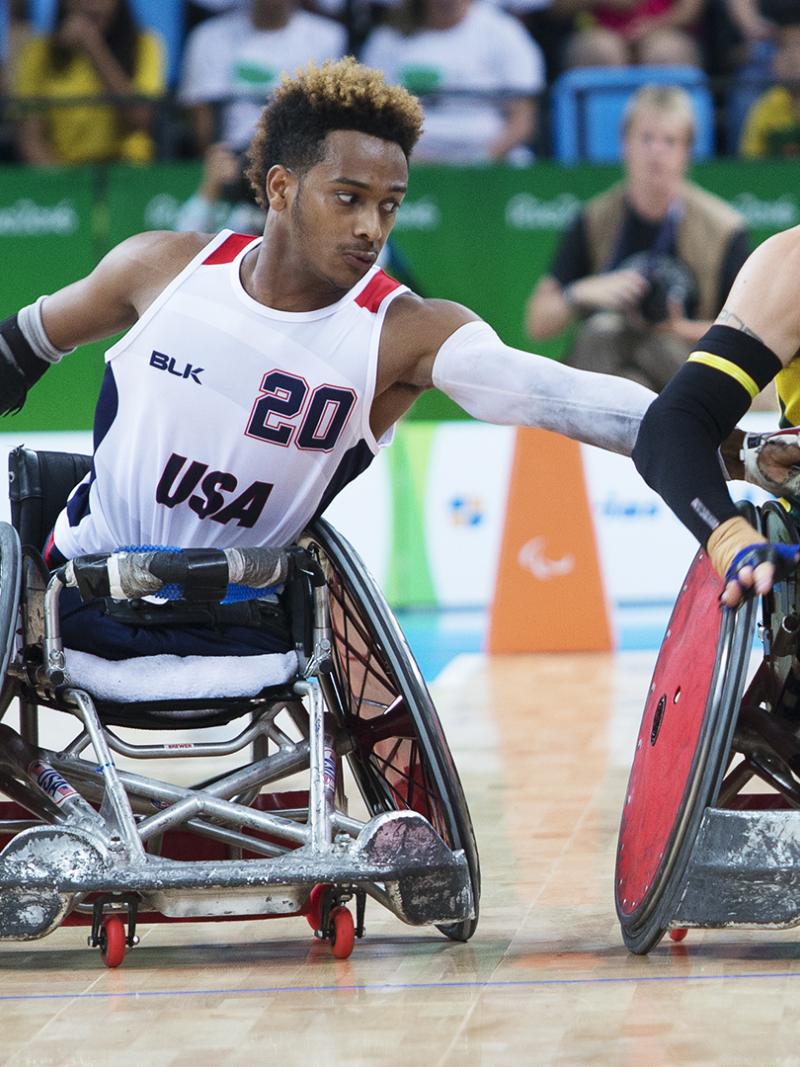Five things we learned from wheelchair rugby
From Japan’s surprise medal to possibly the greatest game of all time, Rio 2016 took the sport to new heights. 22 Sep 2016Australia goes back to back in the greatest game of all-time
They may have needed double overtime, but the Australian Steelers became Paralympic legends with an incredible 59-58 victory against the USA.
Both teams had opportunities to win the game and held the lead at various stages during regulation and overtime, but ultimately it came down to a turnover from the USA with less than three seconds on the clock in the second overtime period to decide the contest.
Chris Bond was able to find Ryley Batt with the in-bound and run the remaining seconds off the clock before falling over in his chair with delight before being swamped by his teammates.
The sport of wheelchair rugby has been well and truly put on the map worldwide and should only continue to grow as a result of this incredible competition.
Japan makes some history of its own
Rio 2016 saw history made for one of the sport’s heavyweights with Japan breaking through for its first ever Paralympic Games medal in wheelchair rugby.
The Japanese team held off a fast-finishing Canadian outfit 52-50 to claim the bronze medal, the first of any Asian nation in wheelchair rugby.
It is an ominous sign for the rest of the world as Japan look to use it as motivation to go even further when they host the next Paralympics at Tokyo 2020.
The gap between the world’s top four is closing fast
While Rio 2016 saw the same four teams make it to the medal matches as London 2012, it could have been a very different story with one or two different results.
Great Britain’s rapid improvement since London 2012 saw it come within inches of qualifying for the semi-finals after losing to Canada in overtime, while Sweden, France and Brazil also produced some excellent performances throughout the tournament.
Australia, USA, Japan and Canada will be watching their backs for the next four years to ensure they aren’t upstaged by one of many emerging nations in the wheelchair rugby world at major tournaments.
Brazil has a very bright future
If Rio 2016 is anything to by, Brazil has the ability to throw itself in the mix as one of the best teams in the world in the coming years.
The hosts showed plenty of promise against three giants of the sport in Australia, Canada and Great Britain, which surprised everyone except themselves.
A narrow loss in their final match against France proved they are not too far away from putting themselves in the top 12 in the rankings, which would ultimately lead to qualification for the 2018 IWRF World Championships.
Overtime thrillers showcase sport in front of huge crowds
Tens of thousands of people poured into the Carioca Arena one during the five days of competition to see arguably the sport’s best ever tournament.
Never at a Paralympics have the fans been treated to three overtime matches, which heightened the overall feeling around the competition.
Canada were involved in two of them in two days against Great Britain and Australia, which may have contributed to their disappointing displays in the semi-finals and bronze medal match.
However, close games show the sport at its best and those coming to Rio 2016 having never seen the sport will be well and truly hooked after witnessing what it can produce when played at the top level.

 Facebook
Facebook
 Instagram
Instagram
 Twitter
Twitter
 Youtube
Youtube
 TikTok
TikTok
 Newsletter Subscribe
Newsletter Subscribe




